A PERFECT STORM: THE CLIMATE AND EDUCATION CRISIS
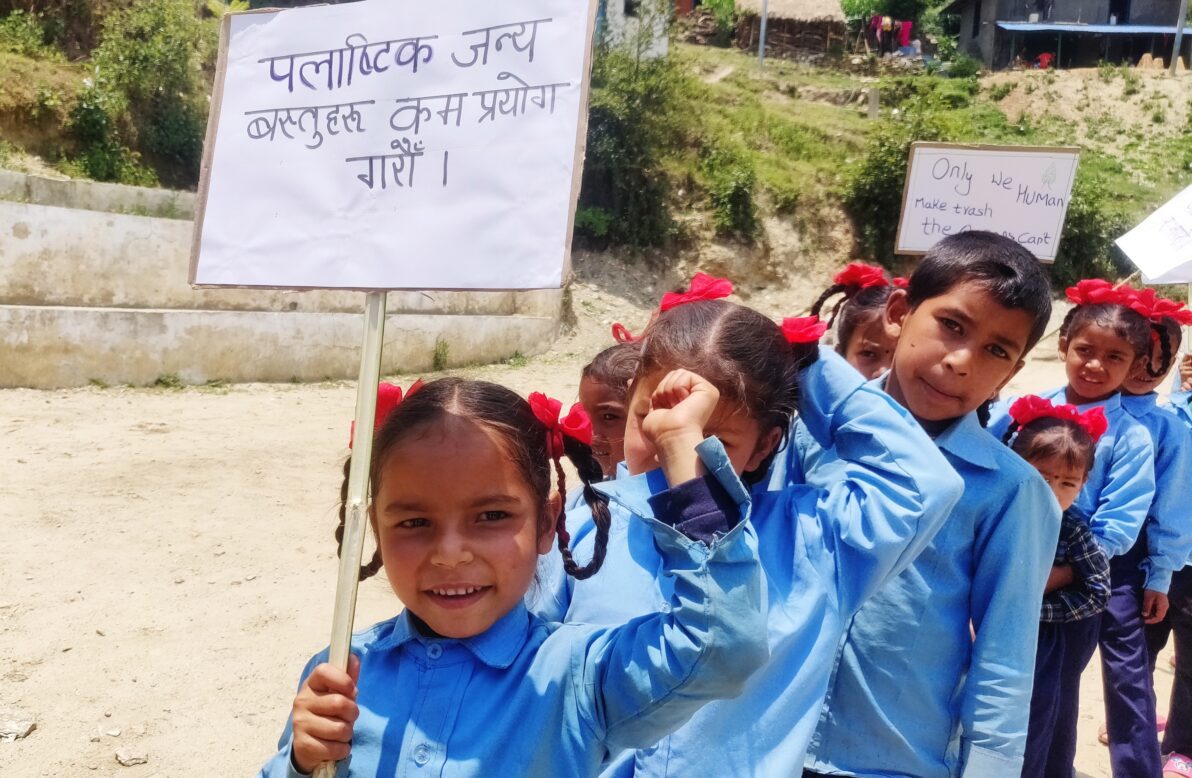
November 18, 2024
United World Schools
6 mins
The climate crisis is one of the defining human and child’s rights challenges of our generation.
Environmental disasters are occurring almost 5 times as frequently as they were 40 years ago – disrupting the education of over 40 million children a year (FCDO, 2022). Even when children stay in school, climate change induced impacts, such as rising temperatures are affecting their ability to learn.
At UWS, we’ve seen the devastating consequences of climate and environmental change at first hand. From Cambodia to Myanmar, Nepal to Madagascar, the communities we work with are some of the most vulnerable to the impacts of climate change.
This October, heavy rains led to severe flooding and landslides across Nepal, directly affecting over 80,000 people, with many other indirectly impacted due to damages to water, sanitation, health and education facilities (UNICEF, 2024).
An Interconnected Crisis
- Disrupted Learning: Extreme weather events, such as floods, droughts, and cyclones, can damage or destroy schools, forcing closures and interrupting children’s education.
- Reduced Attendance: Climate-related factors, like water scarcity and food insecurity, can cause children to miss school to help with household chores or seek alternative livelihoods.
- Health Risks: Climate change-induced diseases, such as malaria and dengue fever, can lead to increased absenteeism.
- Migration: Climate-induced displacement can force families to migrate, disrupting children’s education and exposing them to new challenges.
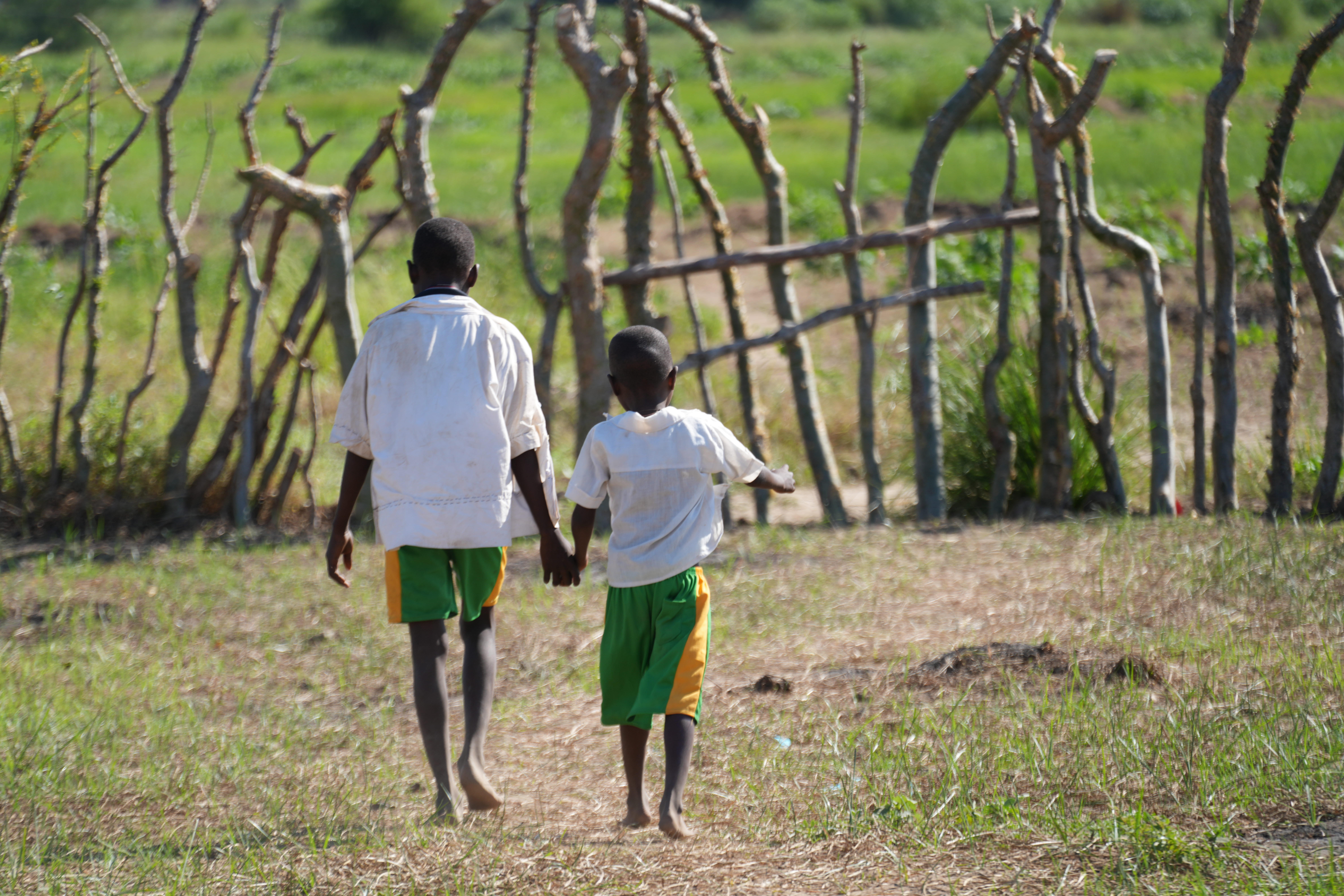

Did you know?
Countries’ resilience to climate disasters significantly improves with every additional year of education that girls acquire, increasing by 1.6-3.2 points on the ND-GAIN index, which assesses a country’s vulnerability and ability to adapt to climate change.
As world leaders and civil society gather in Baku, Azerbaijan at COP 29, we share this reminder:
- Without adapting education systems to climate and environmental change, education goals will continue to slip out of reach.
- Without incorporating the power of education into climate response, the chances of communities being about to adapt to increasingly hostile environments becomes increasingly slim
Yet education is a hugely undervalued component of global responses to climate change, largely absent from major climate financing mechanisms. At most 0.03% of all climate finance is spent on education (Clark et al, 2019).
A failure to address this poses a risk to meeting both education and climate global goals
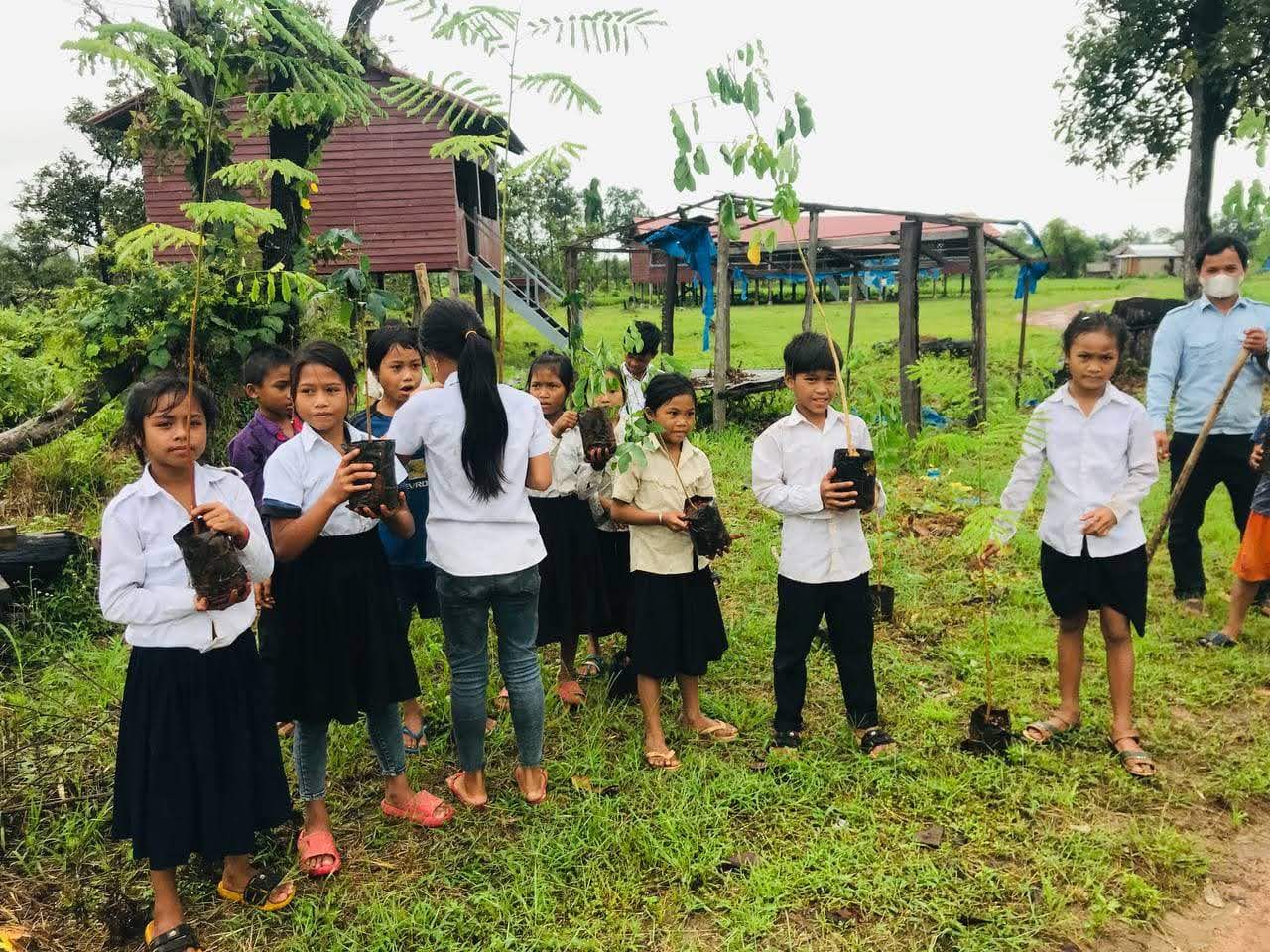

Our Commitment
At UWS, we are committed to addressing the complex interplay between climate change and education. We are working to:
- Build Resilient Schools: Constructing schools that can withstand extreme weather events and environmental hazards, providing safe learning environments for children. In Nepal, we have constructed 76 earthquake-resistant schools, ensuring they can endure seismic activity while providing secure learning spaces for children. In Madagascar, 22 schools have been constructed with cyclone-resistant designs, safeguarding children and their communities during severe storms.
- Deliver Quality Education: Children with foundational skills help families to better process and act on information about risk. Educated populations are healthier, more financially secure and better able to recover from climate shock. To empower the next generation, we integrate climate change education and disaster risk reduction (DRR) training into school curricula. In Nepal, students practice earthquake preparedness through drills and campaigns, while in Cambodia, children learn flood safety and water management. By equipping young people with these skills, we prepare them to adapt and build climate-resilient futures.
- Support Community-Based Adaptation: We also collaborate with communities to develop strategies that protect education and livelihoods, engaging them in tree planting and environmental awareness campaigns to thrive amidst climate challenges.
By addressing the climate crisis and investing in education, we can create a more sustainable and equitable future for the next generation. By shifting focus from delivering change in the short term, to empowering change for the long term, we go beyond educating the future, to changing it.
Get Involved
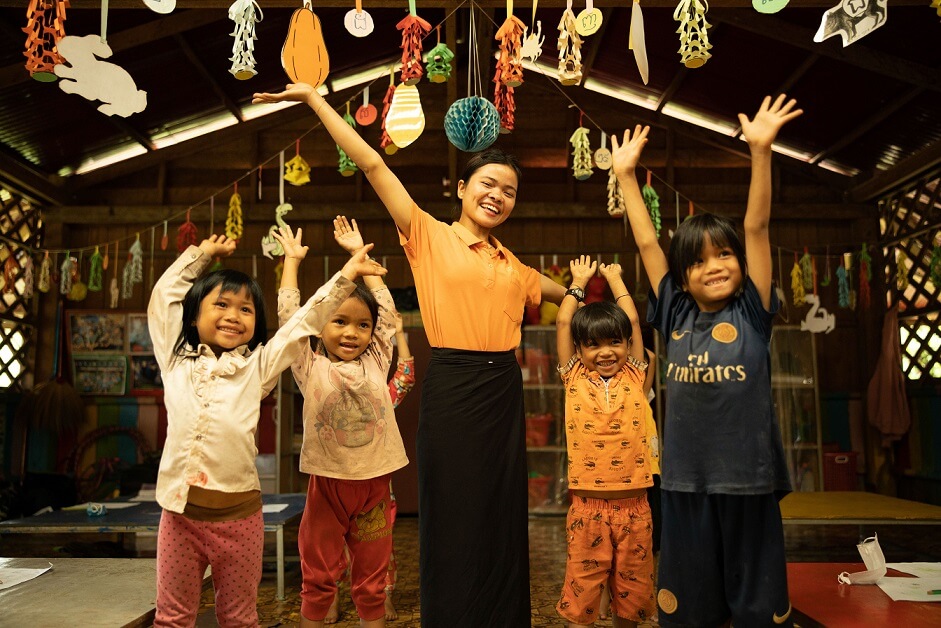
The future needs to change. You can change it
Join the movement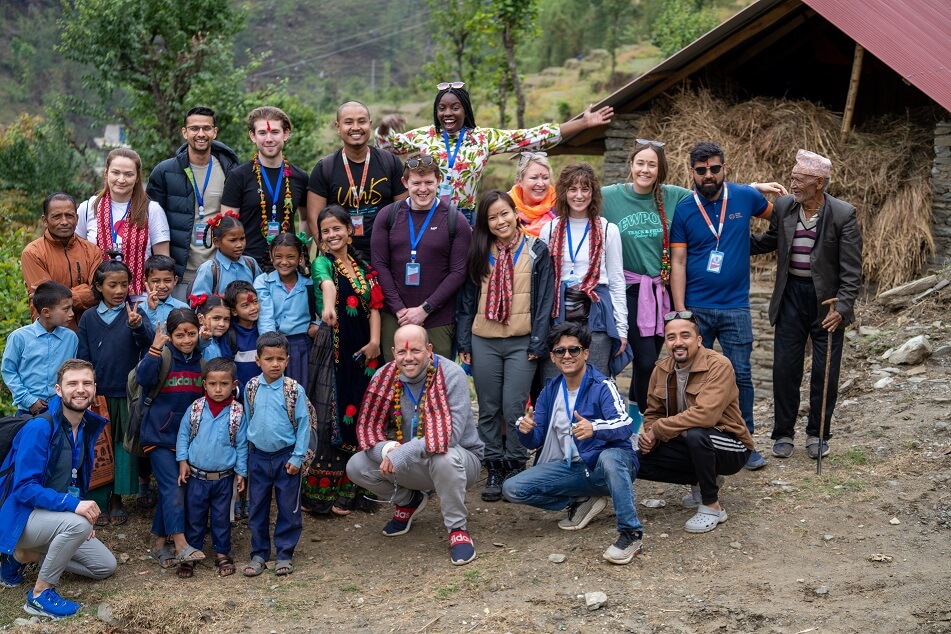
The world's greatest challenge requires the planet's greatest brands.
Become a brand partner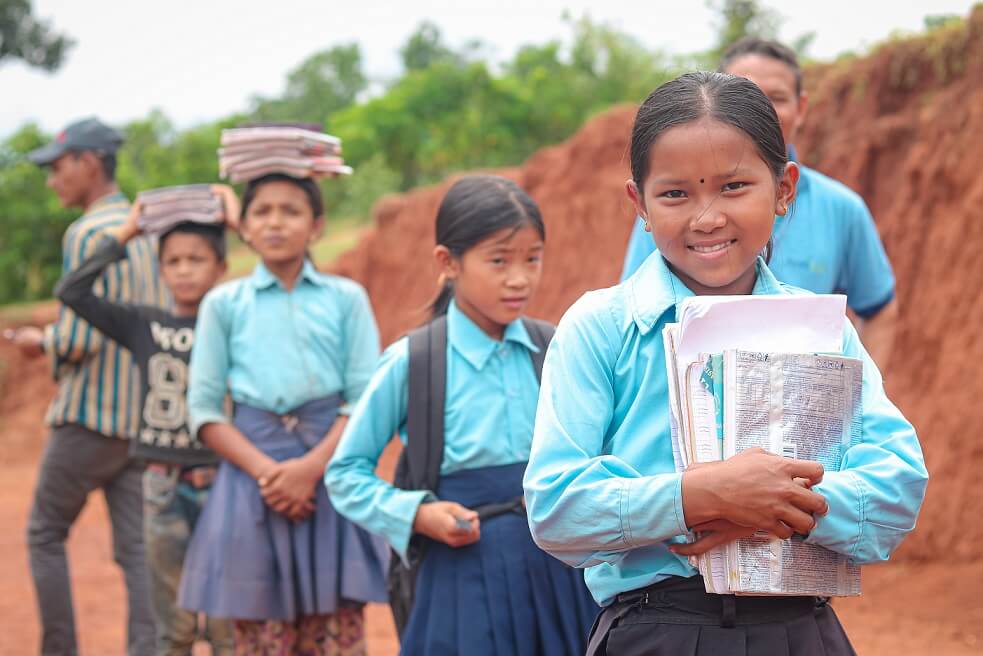
Got some spare change? Then you can change the future.
Give a philanthropic gift




